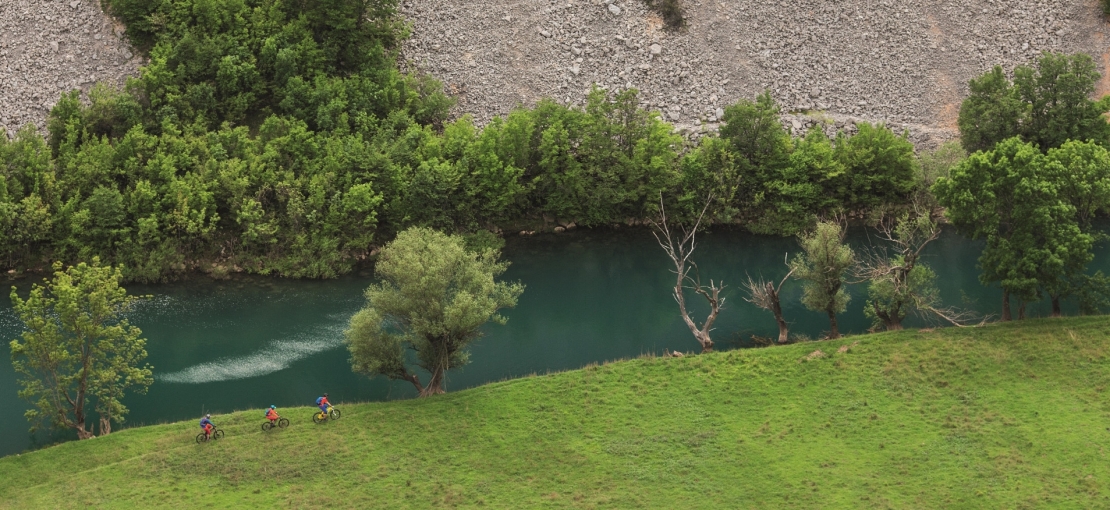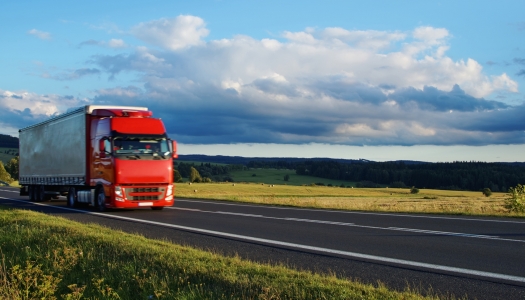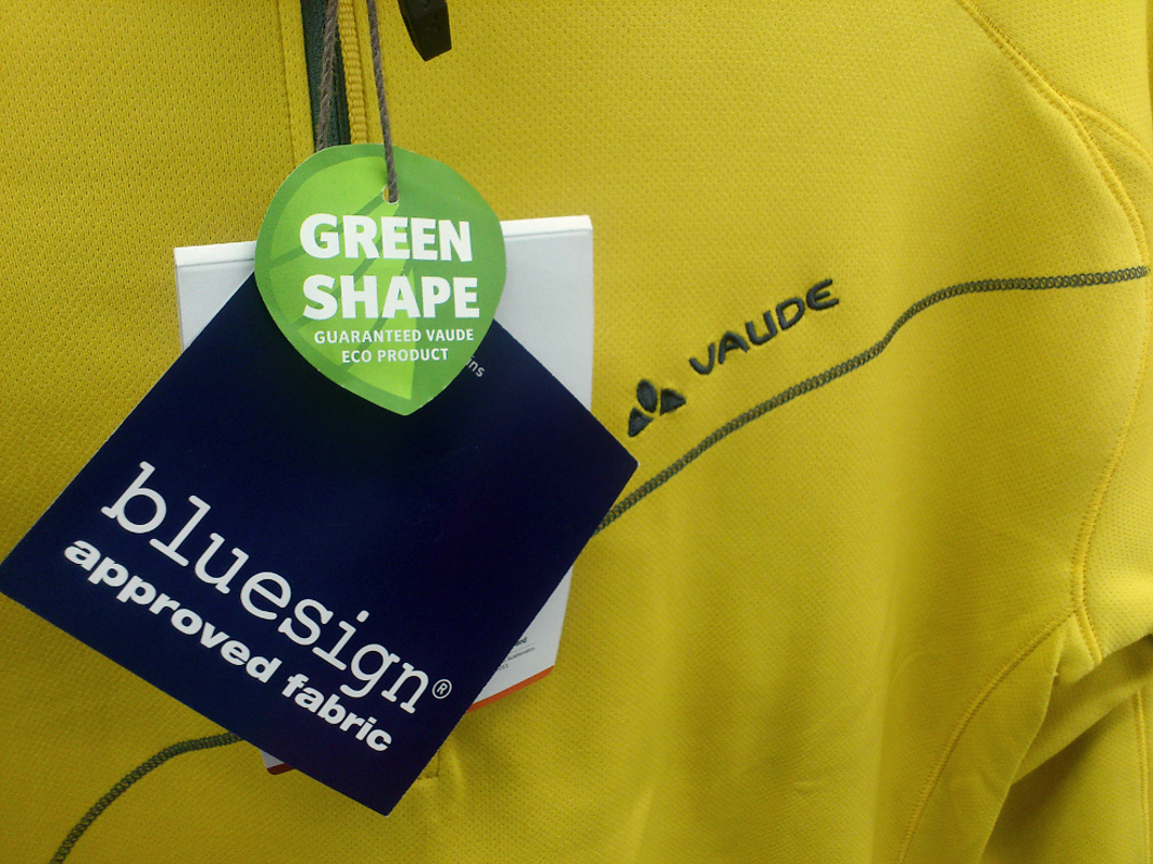
Minimizing environmental impact
Data transparency in the supply chain needs to be improved
Our stated goal is to be economically successful with eco-friendly, fairly produced products. Therefore, we take great care to use environmentally friendly materials, apply "Best Available Technology" (BAT), and select our suppliers very carefully from an ecological perspective and to cultivate long-term relationships with them – see "Suppliers as a partners".
The Economy for the Common Good, an initiative that analyzes corporate responsibility on a qualitative level, has evaluated VAUDE in the areas of “Ecological design of products” and “Reducing environmental impact” as exemplary – see "Economy for the Common Good".
The common welfare economy, an initiative analyzes the corporate responsibility high, rated VAUDE in the areas of "Ecological design of products" and "reducing environmental impact" as a model .
Climate neutral Made in Germany Products
Ecological impacts, particularly in material production
Much more serious ecological consequences arise in the upstream stages of the supply chain where the raw materials are produced. This is why we attach so much importance on the selection of materials and the material producer – see "Maximum minimalistic, yet ecologically compatible" and "Suppliers as partners".
All our suppliers must comply with ecological standards, including the "Restricted Substances List" (RSL). As committed bluesign® system partners, many of our suppliers comply with very strict limits on materials and work processes. With bluesign®, we maintain a high level of security in our supply chain that harmful substances are not being used – see "bluesign ®: Worldwide strictest standard".
Rating depends on resource consumption
The ability of producers and material suppliers to evaluate ecological aspects depends upon transparent data that clearly states the origin of all materials and their upstream stages in the supply chain. The Higg Index is a database for this kind of information and is currently under construction – see "Higg Index".
Climate-neutral transport
Environmental effects also arise on a product’s route from our supplier to our customer’s closet. Transportation is responsible for greenhouse gas emissions. Contrary to the popular perception that "halfway around the world” transports are particularly harmful to the environment; our products are shipped almost exclusively by low-emission container ships to Hamburg.

|
Trucks only for the last kilometers
Whenever possible, we use ship and rail transport for our products. We only use trucks for the last kilometers to Tettnang-Obereisenbach. |
For domestic transport, we use rail whenever possible, as truck transport results in much more emissions than rail transport. We have myclimate calculate all emissions caused by our transport so that we can compensate for those that cannot be avoided. This makes our transport climate-neutral – see „Climate-neutral mobility“.
Environmental effects also arise in the usage phase
A large part of the climate footprint is created during a product’s usage phase. As a manufacturer, we have no impact on how customers use our products - that is the responsibility of the customer. We do try, however, to provide good information and raise eco-awareness in our customers. This is done with training seminars, over our website, throughout many other communication activities and with information that we supply with our products – see "Sustainable Communication" and "Transparent information for mature clients".
Information for Customers

Responsible disposal
Similarly, we have little control over what a customer does with his VAUDE product at the end of its life cycle. In the design, material selection and production processes, we take care to ensure that our products will be as recyclable as possible when they eventually have to be disposed of, despite their durability. We are collaborating with the FairWertung and a 2nd Use platform at eBay to give our products a “second life” – see "Responsibility for disposal".




